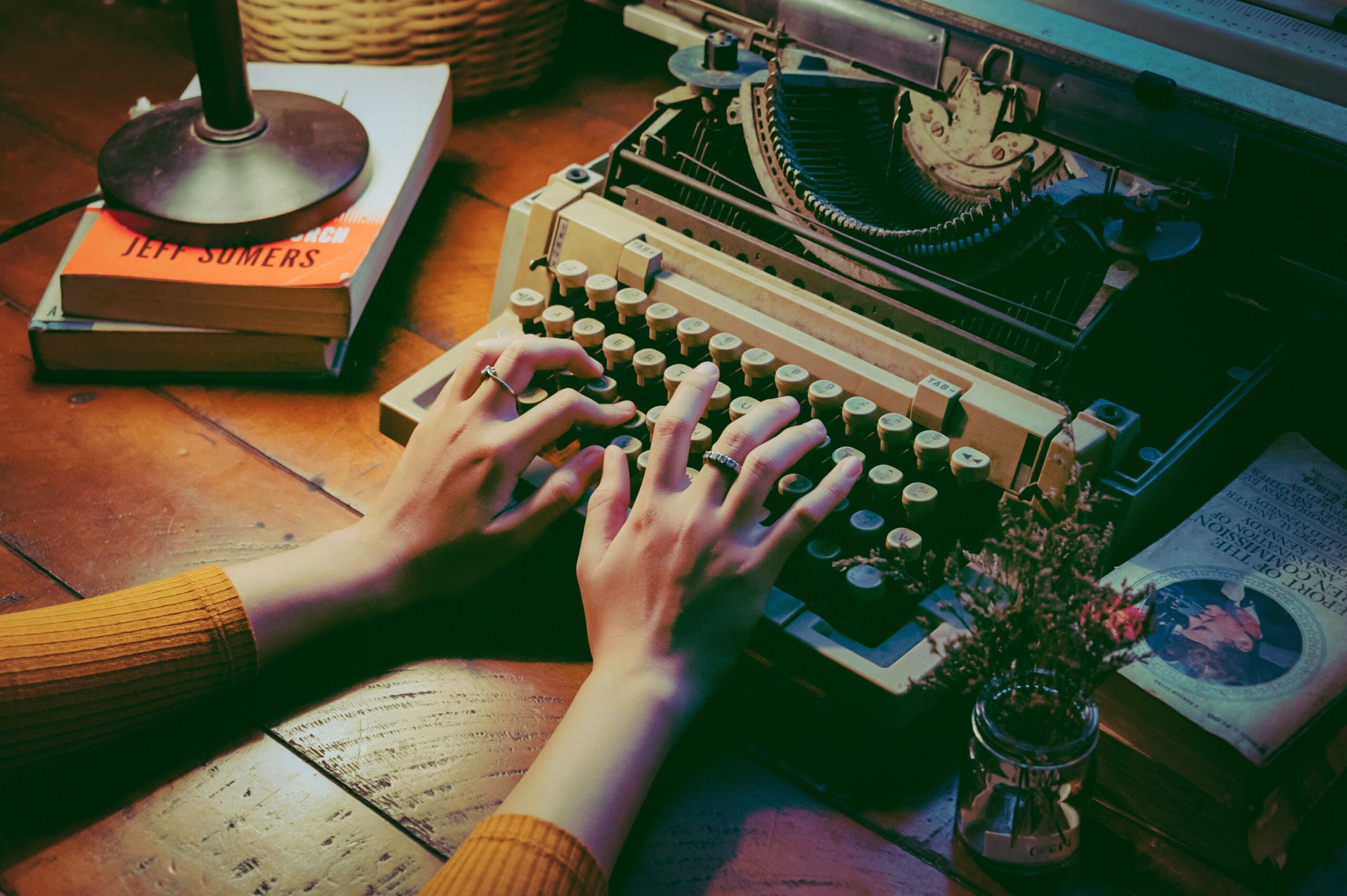19 Best Writing Supplies Every Author Needs to Succeed
Finding the right writing tools to accelerate and streamline your writing process is essential. You are setting the stage where creativity meets productivity.
In this guide, I have outlined the 19 best writing supplies that have worked for me and other writers, authors, and copywriters I have met.
Finding the best writing supplies can be difficult as there are endless options to choose from.
It all comes down to your comfort level and what is the most efficient tools to ensure you tackle that plain white page with the motivation to push past any mental roadblocks.
What are the Best Writing Supplies?
You can create a novel on a yellow legal pad, but you’ll be much more productive with the right writing supplies.
For example, if you want to use colored pencils and highlighters for editing purposes, it helps to have an organized system for storing those items.
If you’re going to spend long hours staring at your computer screen, invest in ergonomic chairs and good lighting. You may not think about these things when you first start writing—but trust me: quality writing supplies make all the difference when it comes time for revisions!
Writing supplies are essential to any author’s success. Whether you’re writing a book, a short story for the office, or an essay for school, these writing supplies will help you create your best work.
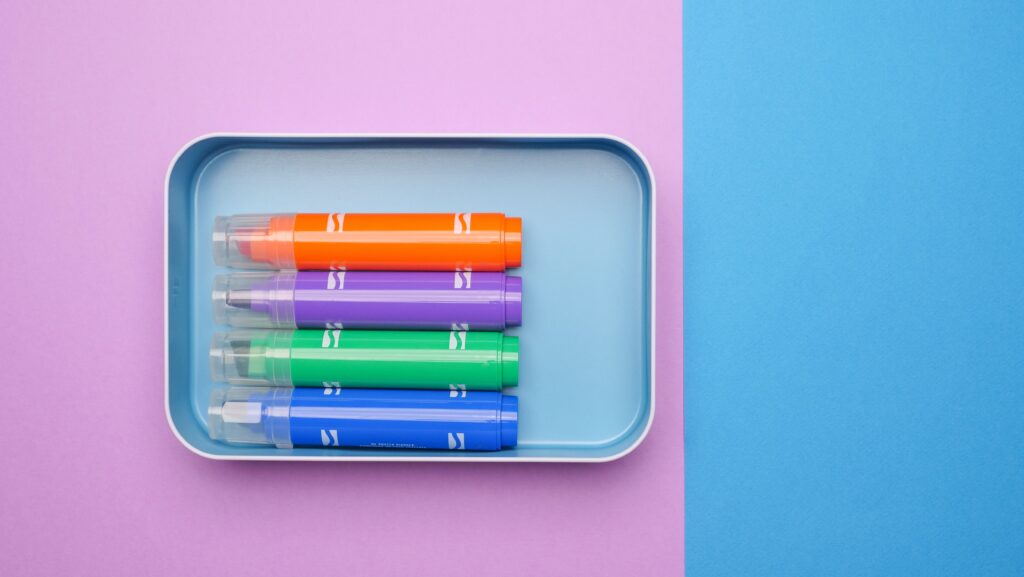
1 - Highlighters
Highlighters come in all shapes, sizes, and colors. The best highlighters for you fit your writing style, school work, or tracking info in your shop.
Some authors like their highlighter pens to be very thin with a fine point so they can make little highlights across their entire document, while others prefer thicker markers that allow them to emphasize long notes like we all did in school.
I like finer points that allow me to circle critical phrases or issues with plot development. I use yellow, red, and green highlighters for my work.
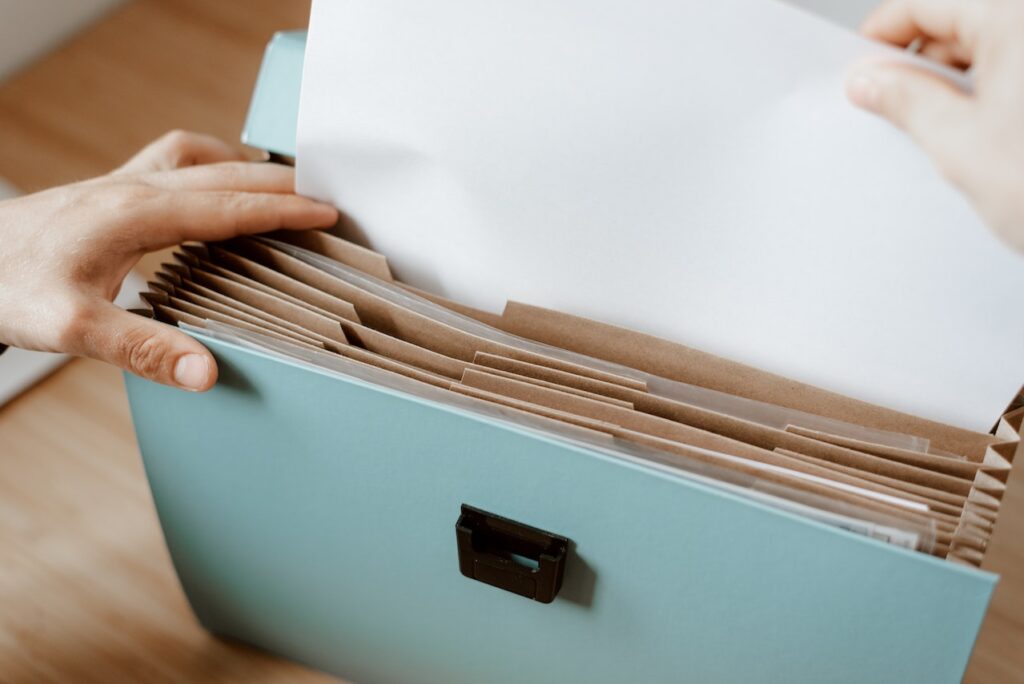
2 - File Folder Organizer & File Folders
File folders are a great way to store your writing, especially if you are in school still. They allow you to stay organized with easy access to your files.
When searching for the best file folder organizer, look for one with many pockets so that you can easily find projects instead of looking at stacks on the floor or cluttering your writing space.
I separate out any of my writing projects by title or subject. That way, I can review the content after a few months with fresh eyes.
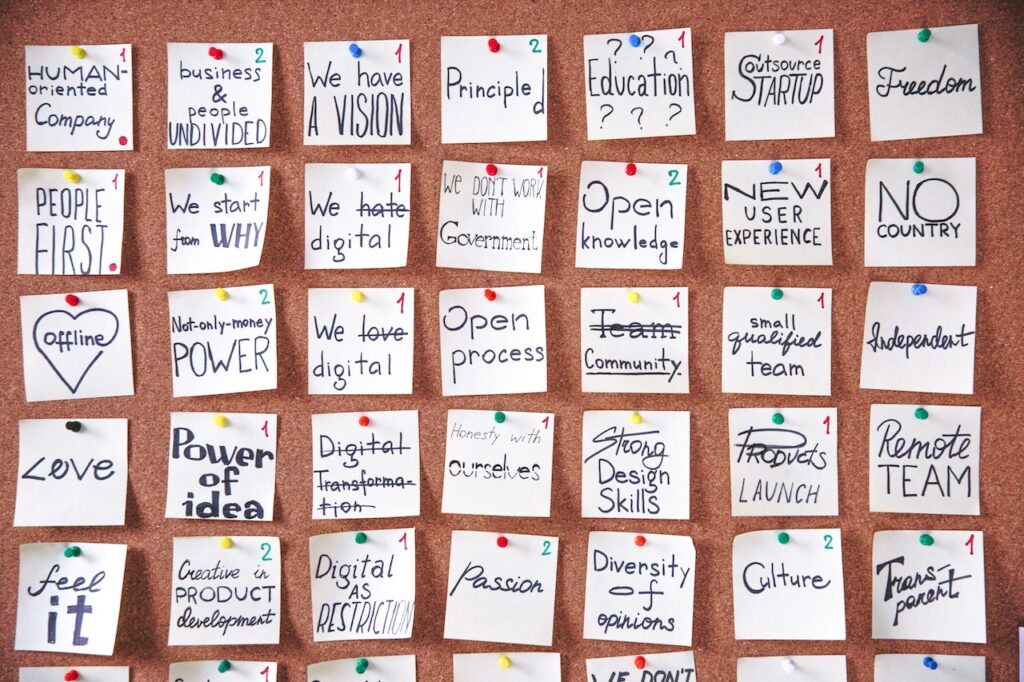
3 - Sticky Notes
If you’re like me and keep a lot of sticky notes in your office, then you know that they can be used in a myriad of ways beyond writing supplies.
They’re great for making reminders on the fly and keeping stock of all kinds of information—from plot points to character traits. Now is the time if you haven’t tried using them yet as part of your writing process.
I outlined a new mystery I’m working on using nothing but sticky notes on a sliding glass door!
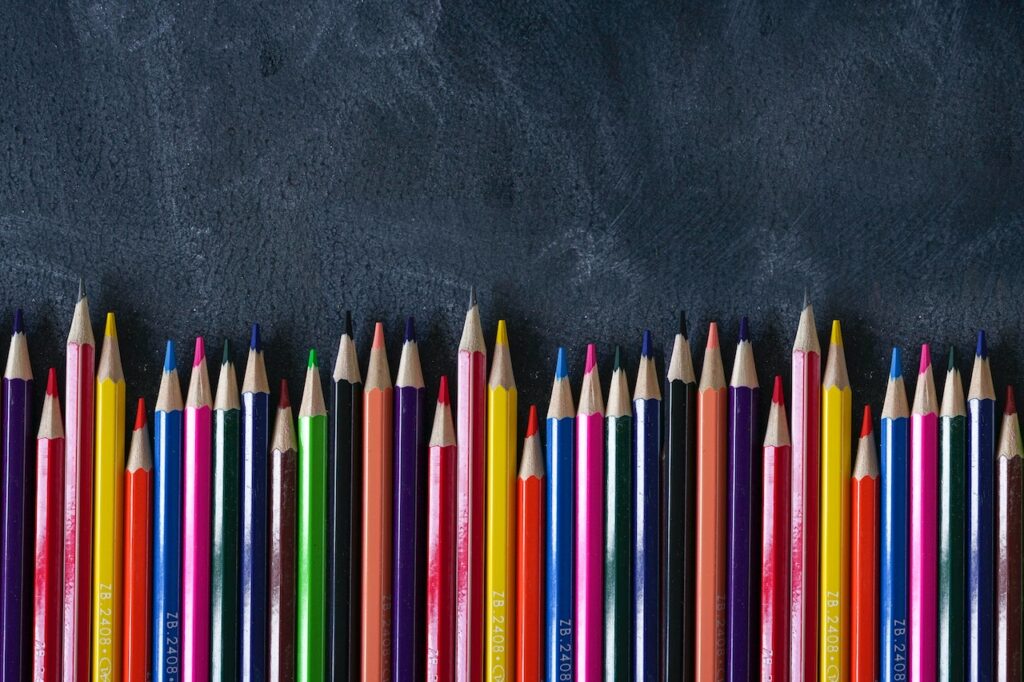
4 - Colored Pens/Pencils
Colored pens and pencils are a great way to help you focus on different aspects of your writing. You can use different colors to organize your writing, get in the mood to write, remember what you wrote, and much more.
Try using red or pink for action scenes. Red is a color that stands out and makes people take notice when they see it.
Use yellow for dialogue tags and other speech-type elements. Great dialogue is critical to a successful book. You can pick from a wide range of assorted colors in pens.
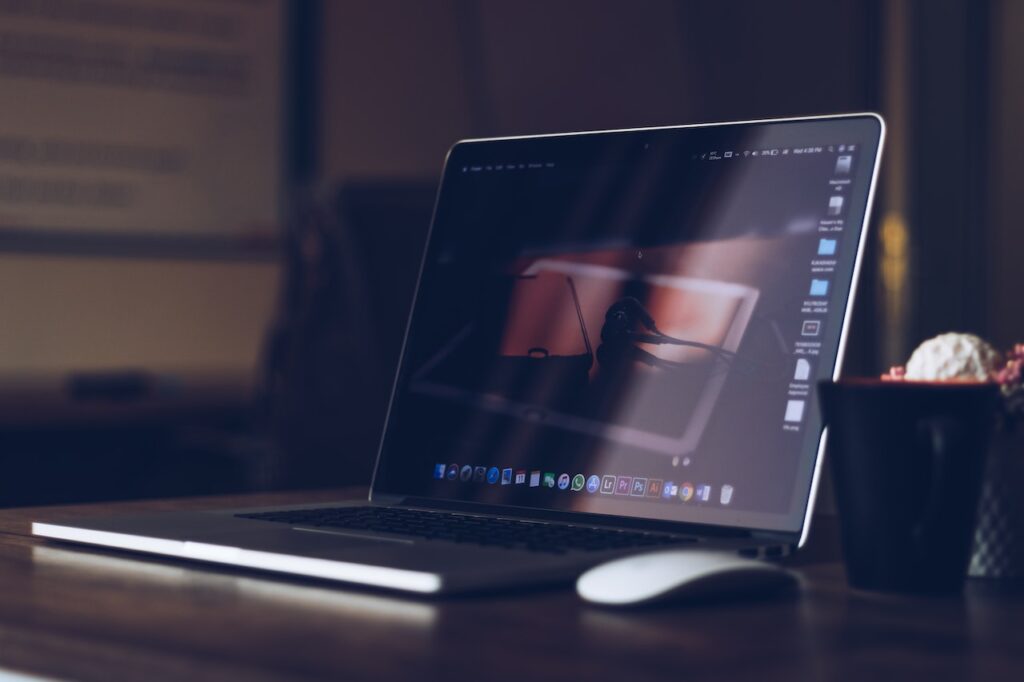
5 - Computer/Laptop
If you want to purchase a computer as a writer, be prepared to do some research. There are many types of computers out there with varying levels of access.
There are desktop computers, laptop computers, and even tablet computers (like the iPad). Your writing tools must fit into your lifestyle and needs as an author.
Stick to the basic requirements of a decent processing speed and try to get an SSD hard drive instead of an HD. They are more reliable and less likely to break down, causing you to lose your written work.
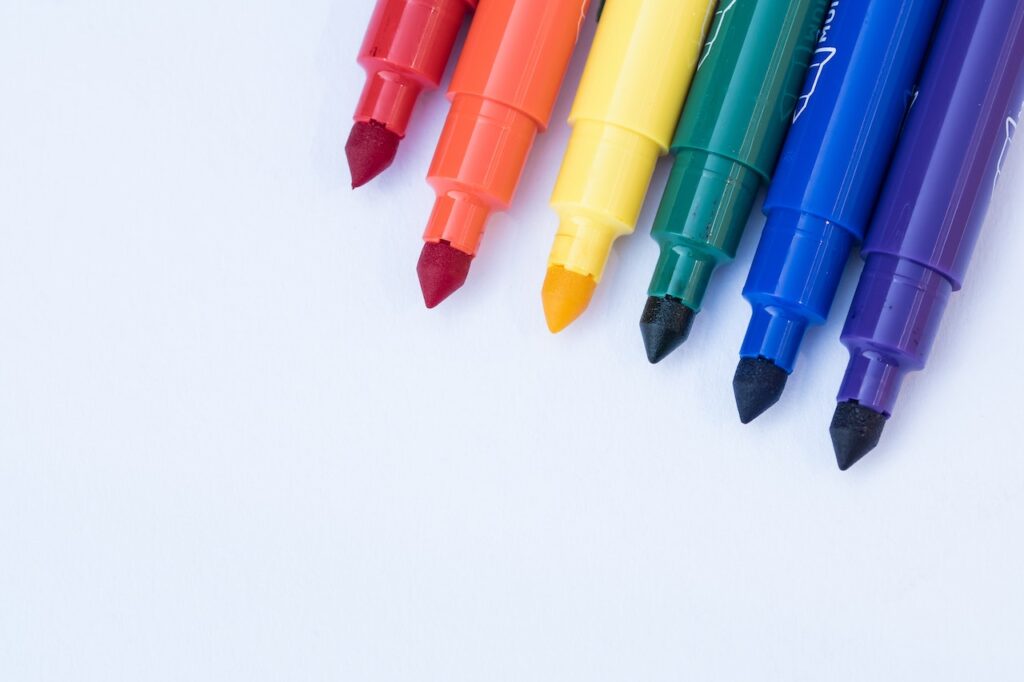
6 - Dry Erase Board & Dry Erase Markers
A dry-erase board is an excellent writing supplies tool for brainstorming and organizing your thoughts. Use dry erase markers to write down ideas, manage your schedule or take notes during meetings. When you’re finished with the board, use a dry-erase marker to wipe off the board and start fresh.
I keep track of projects on a dry-erase board with markers of assorted colors. That is why I’m never behind on deadlines when I have to talk to my team or copy writing clients.
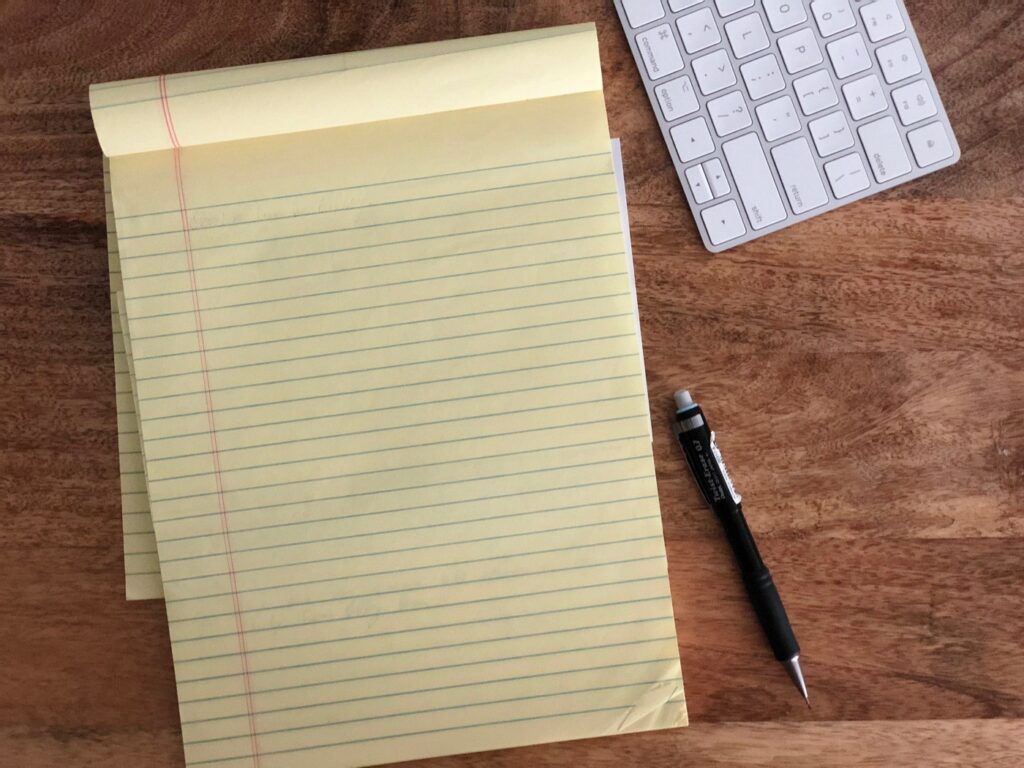
7 - Legal Pads
When it comes to writing supplies, there are few things more important than the legal pad. Legal pads are great for writing because they are clean and inexpensive.
Plus, they’re great for jotting down ideas or taking notes when you’re away from home. They are long enough to outline plots with and work well with most pens.
Not to mention these travel accessories fit into most bags for jotting down ideas on the fly.
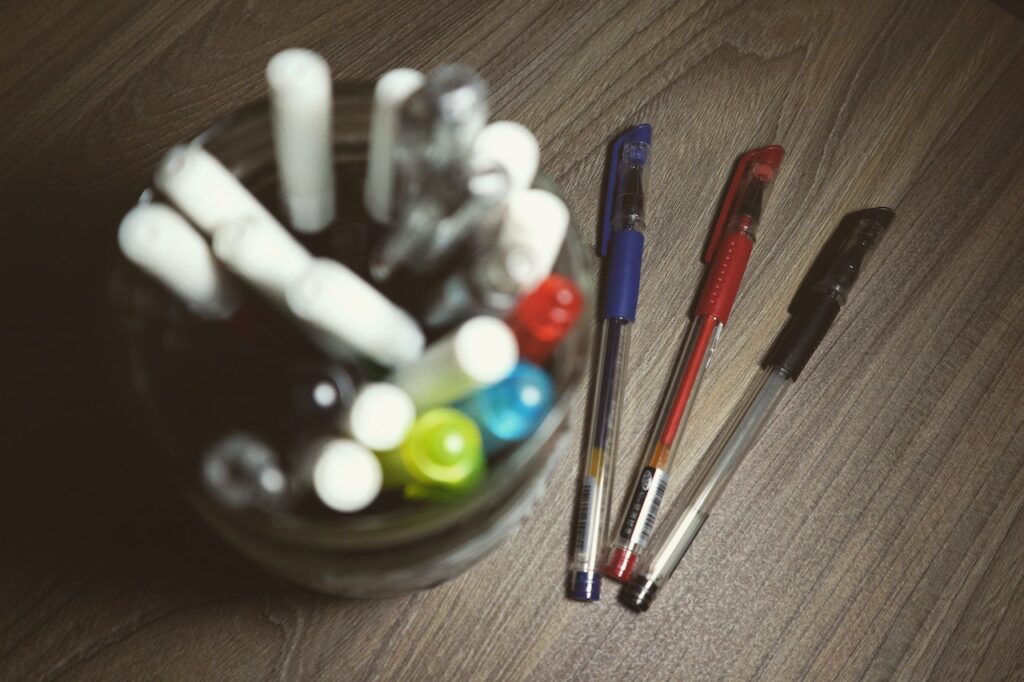
8 - Favorite Pens
What are the best pens for your writing supplies toolkit? It’s a matter of personal preference. You can use black ink or assorted colors for your editing accessories and supplies.
I prefer the G2 Fine tip pens. It is incredibly comfortable to write with on my hands, fingers, and wrists and doesn’t stop working on me mid-thought. The fine tip is a little more expensive but well worth the quality compared to medium tip generics.
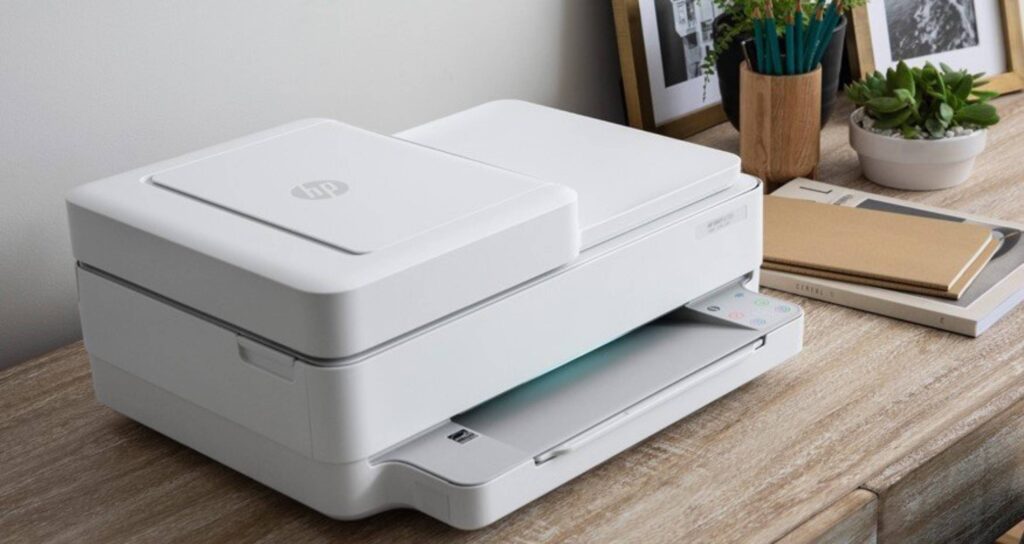
9 - Printer & Paper
It may seem outdated in today’s world, but a printer is critical part of your writing supplies and accessories. You want that physical draft to edit. Otherwise, you will be stuck trying to navigate complicated software.
Most office supplies stores will have decent printers. You can also search on social media for office supplies at a discount instead of shopping at full price.
I love the feeling of printing off a new book. Being able to hold your writing in my hands is one of the most extraordinary sensations you can ever have.
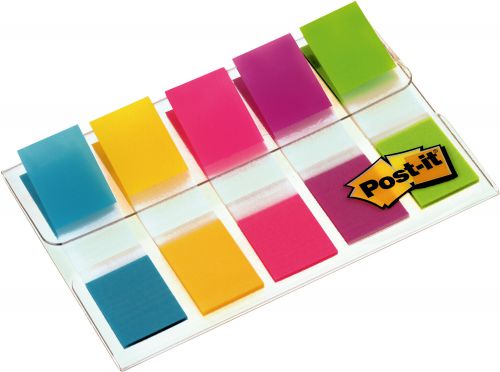
10 - Page Flags
Page flags are one of the best writing supplies any author can have in their toolbox. They can be used to mark sections you want to return to later, areas that need more research, and even whole chapters if required.
You can add a highlighter to your own books, but page flags are a much more efficient way of marking essential passages in supplemental research or your favorite writing books.
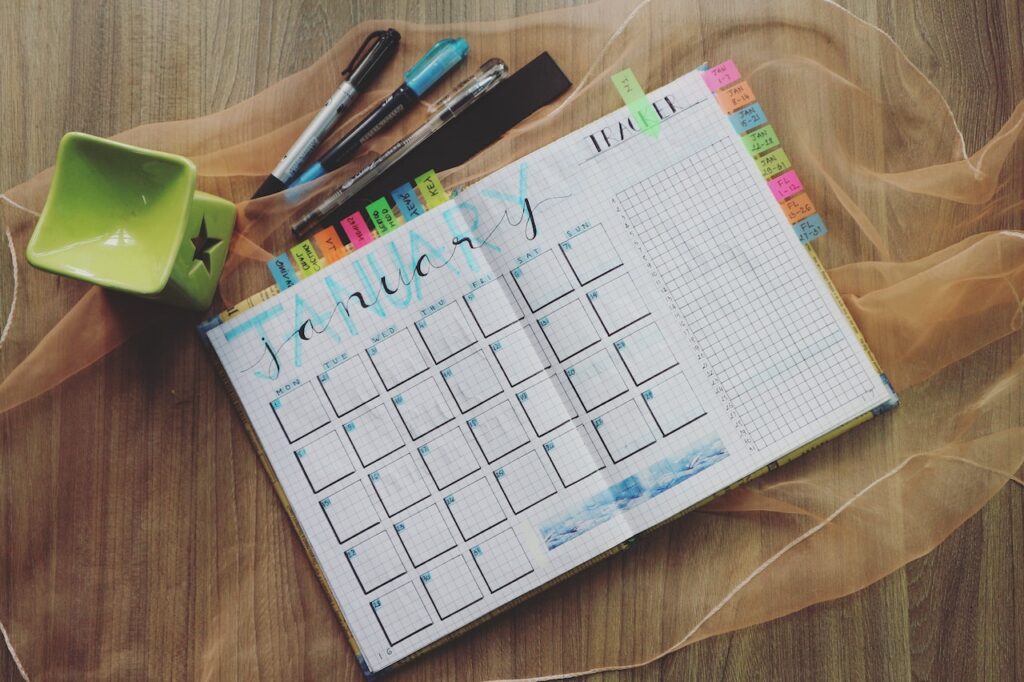
11 - Calendars
You want to be the best writer you can be. That means ensuring your time is spent wisely and not just writing when you feel like it. You need to set goals and track your progress to make sure that you’re meeting those goals or at least getting as close as possible.
The simplest way to do this is with a calendar—a wall calendar or one on your phone will work just fine.
I prefer a monthly desk calendar, instead of by week, because I like to note big with different pen accessories so I don’t forget anything between my business and personal work.
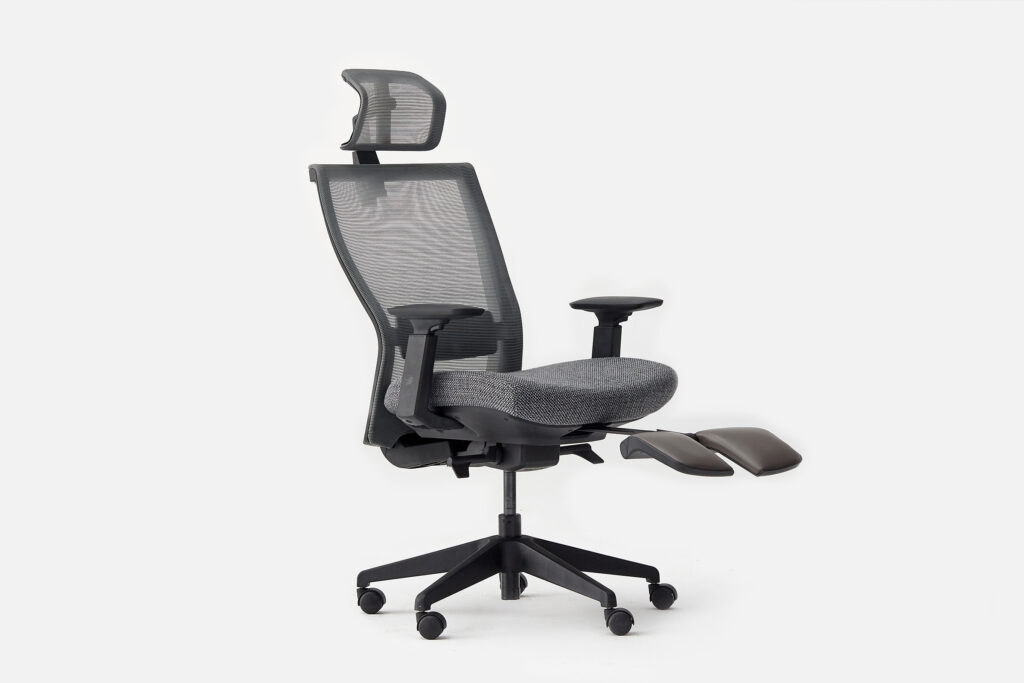
12 - Ergonomic Chair
After all, you may spend more time sitting at your writing desk than anywhere else. If you’re like most writers, the chair you sit in while working can make or break your productivity.
An ergonomic chair is designed to help you sit in a way that reduces stress on your body and provides support for proper posture.
It has adjustable height and backrests (with lumbar support), armrests that move up and down, and seat depth, so it fits your body perfectly.
This is a must-have for your writing business.
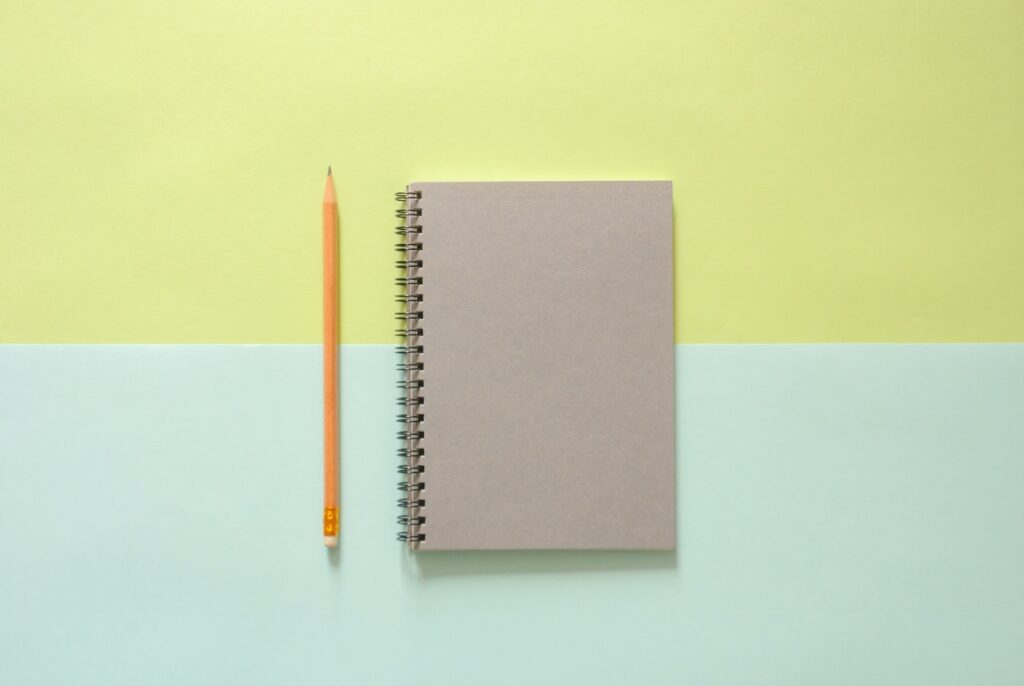
13 - Notebooks
If you are anything like me, you cannot have enough notebooks. I have a whole stack of them sitting across my office that I dip into whenever I need a new idea book.
Every author and professional writer I know has a supply of notebooks. Moleskin is the preferred notebook because it is durable, has excellent paper, and comes in travel-friendly sizes for when you’re on the go.
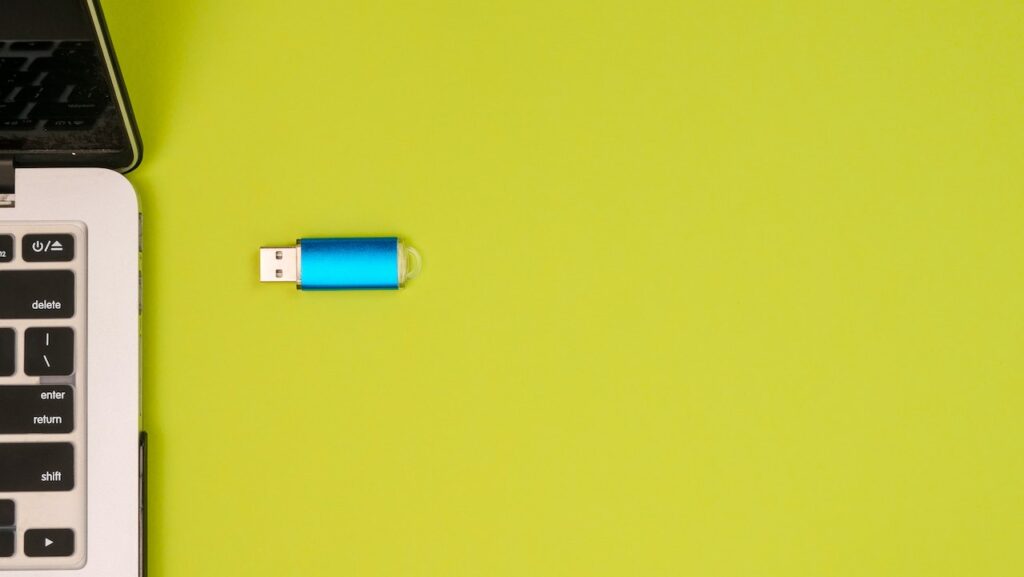
14 - USB/External Drives for Backup
It’s good to have a backup of your writing, just in case.
A backup can mean the difference between lost work and getting back on track quickly if a hard drive fails or other natural disasters to your business.
If you use an external hard drive (USB or otherwise), make sure it’s got its own power source so that it doesn’t die during an important session.
If you don’t want to lug around an extra piece of equipment, consider USB thumb drives or possibly cloud account storage for a better experience.
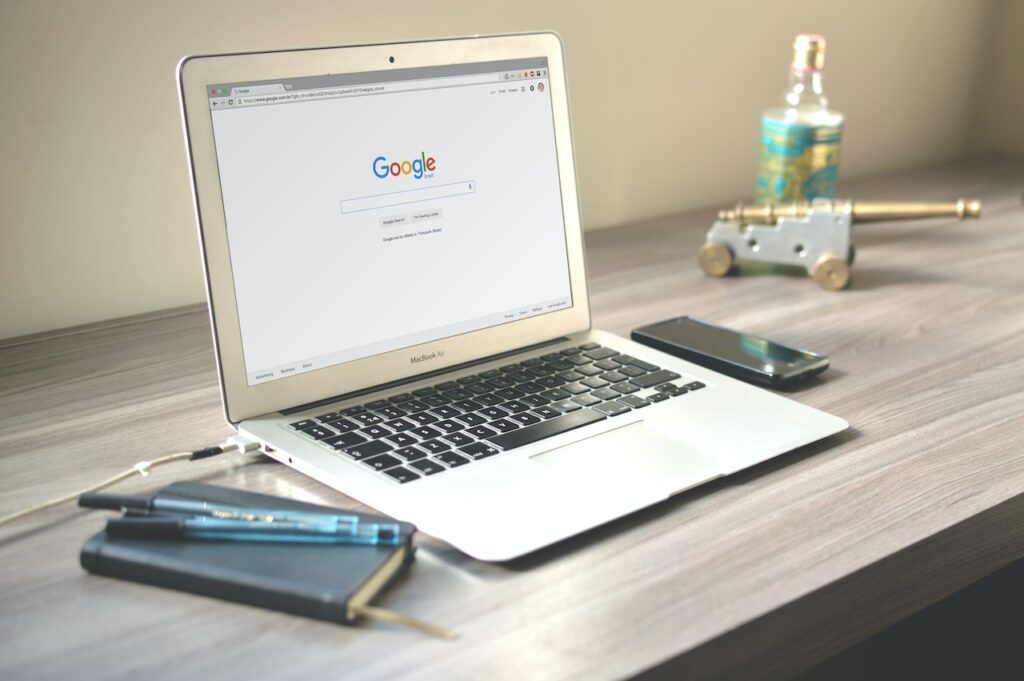
15 - Writing Software
You can outline your novel on any word processor or typing program: Microsoft Word, Google Docs, Scrivener, and even Reedsy.
Of course, if you’re brand new to writing and don’t have a lot of experience with software programs (or computers in general), then I’d recommend starting off with something simple like Microsoft Word or Google Docs. Most of these are used in school settings and work well for your supplies toolkit.
That way, you can focus on learning how to compose rather than learning how to use a new computer program simultaneously.

16 - Favorite Mug & Caffeine
The truth is, there’s no simple way to create for hours on end without getting tired or bored. You need to keep your head in the game by staying awake and alert.
What do you think is best for that? Caffeine!
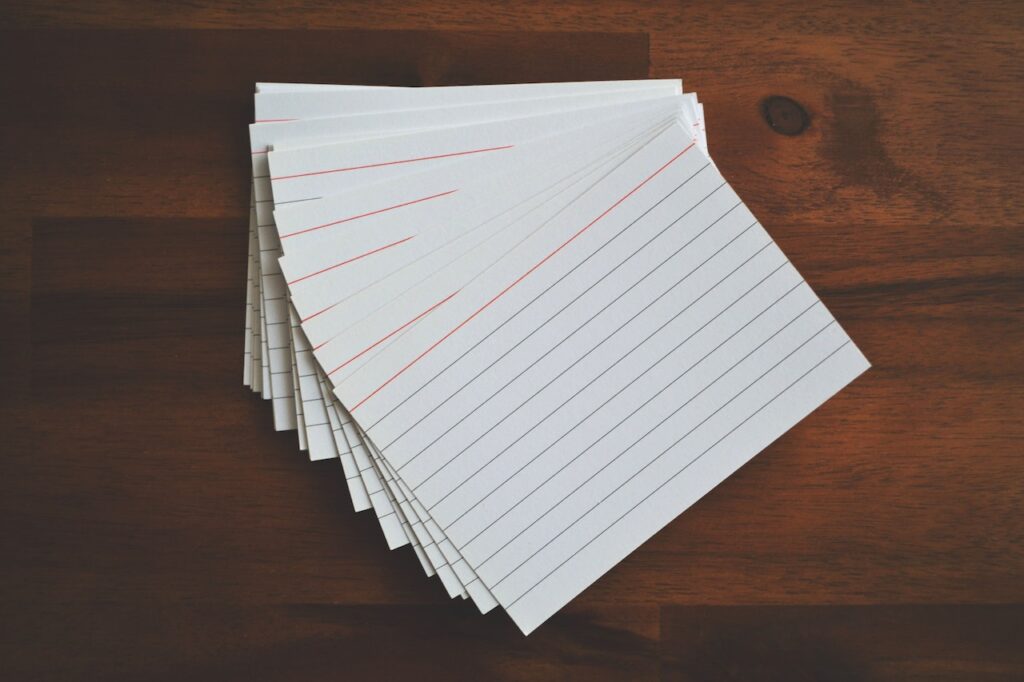
17 - Index Cards
Index cards are one of the best writing tools a writer can have. They’re easy to carry around, you can use both sides for different things, toss them in your inbox location, and they make an excellent organizational tool for your supplies.
The most obvious use for index cards is brainstorming. You can jot down any ideas that come to mind as you think about your story or characters and then stack them up in whatever order makes sense at the time.
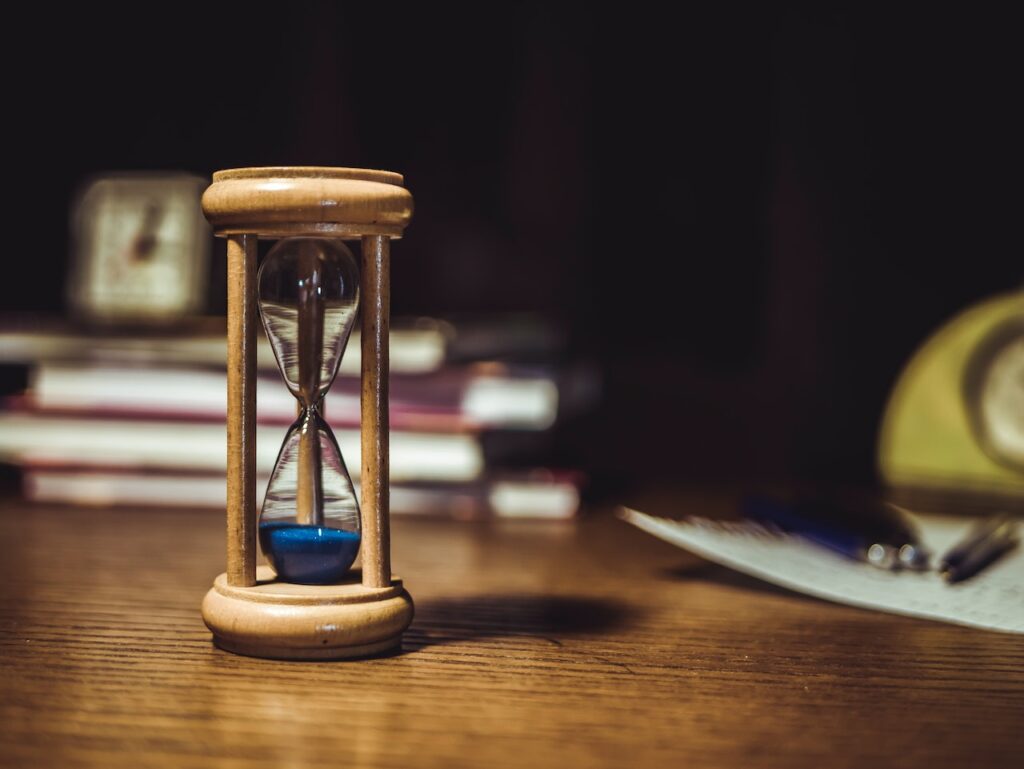
18 - Marinara Timer
A Marinara Timer is a great way to improve your writing time. You can set it for whatever you choose: 5 minutes, 10 minutes, or even an hour. Whatever works for you!
This little gizmo will help keep you focused on getting things done without being distracted by social media or other outside sources that could make it harder for you to stay on task.
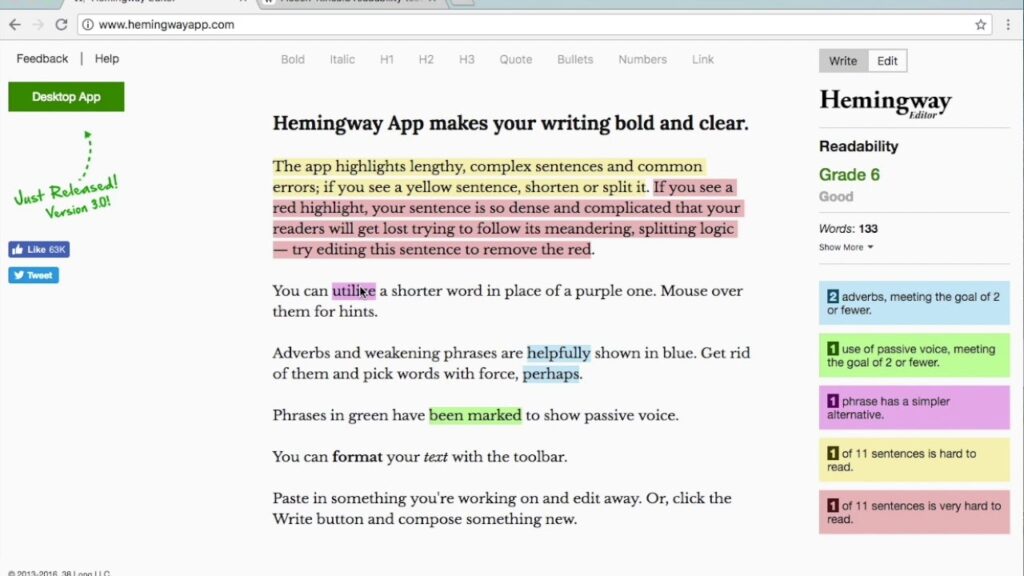
19 - Hemingway & Grammarly
Writing is hard, so we need to ensure our writing is clear and easy to read.
Hemingway and Grammarly are two online tools that can help you with this. They highlight sentences that are hard to read while also checking for grammar and spelling mistakes.
I use these two tools when writing anything longer than a couple of paragraphs and recommend them to anyone in school or in an office.
The Right Writing Supplies Make a Difference
A writer’s tools are their most valuable possessions. The right writing supplies can make all the difference when writing, and they should be treated with care.
So, what are you waiting for? Grab some cards and a fresh cup of Joe, and start outlining the next great novel!
